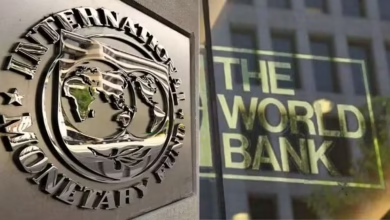Restoring Confidence: Why Regulatory Clarity Matters for Power Sector Sustainability

The sustainability of Pakistan’s power sector extends beyond simple policy reforms; it requires transparent regulations, consistent decision-making, and the ability to distinguish between facts and perceptions. These fundamental aspects are crucial for fostering investor confidence.
K-Electric’s recent claim for a write-off highlights this challenge clearly. The implications extend beyond the financial stability of one utility; they also affect the credibility of the regulatory framework that supports the entire sector.
The claim pertains to long-standing receivables considered unrecoverable—accounts involving disconnected services, removed meters, and numerous ongoing legal proceedings. These losses are not optional; they represent the documented expenses of operating in a complex and often unstable urban environment like Karachi, which hosts nearly 900 informal settlements.
As a private utility, K-Electric does not have the financial cushion that state-owned utilities enjoy, which enables them to transfer such losses to the government’s circular debt pool. For K-Electric, unpaid dues have a direct impact on its financial health.
These costs have undergone auditing, received approval from the company’s board, and have been submitted according to existing regulatory frameworks. In a stable investment climate, such provisions would typically be viewed as part of normal operations.
However, the discourse often shifts from the regulatory validity of these claims to perceived consequences—how the public might react and what political optics could arise. While these concerns are understandable, they risk overshadowing the essential question: Are these claims legitimate under the current rules?
When regulatory decisions seem reactive or inconsistent, they send troubling signals to investors and stakeholders. This uncertainty undermines the predictability that is crucial, particularly in a sector that urgently needs long-term capital and innovation.
Supporting a principle-based approach does not mean overlooking the bigger picture; rather, it strengthens it. Sustainable growth, reliable service, and increased investor interest all stem from fair, fact-based decisions.
The way forward involves reinforcing the foundations: regulatory discipline, transparency, and a shared commitment to reform. Only then can the power sector move beyond mere crisis response and work toward lasting resilience.




